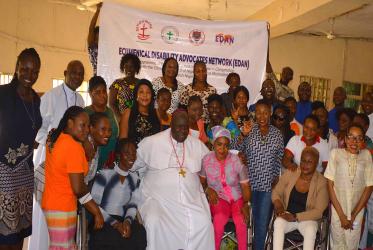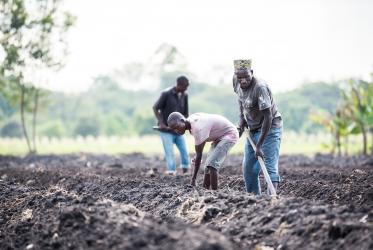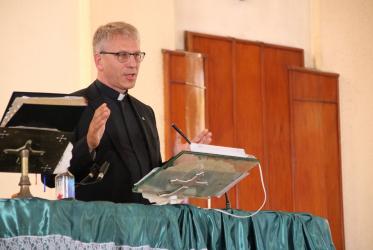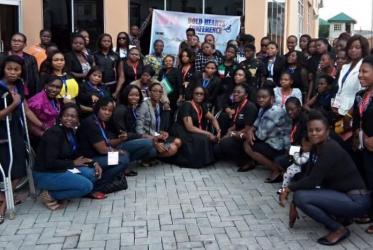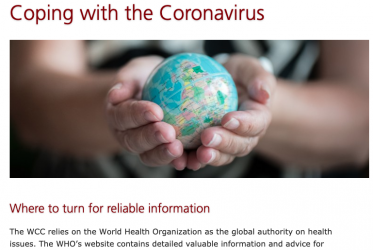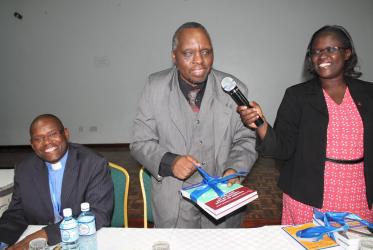Displaying 1 - 20 of 30
Applications open for WCC Eco-School
22 October 2020
The cry of the Papuans in Indonesia
14 November 2019
In Fiji, young people ‘walk the talk’ with advocacy
12 September 2019
An advocate for family values, called by God
26 March 2018
In Fiji, “time to go beyond the reef”
14 August 2017
G7 must address famine
22 May 2017
New theological materials offer fresh perspective on disabilities
08 December 2016



